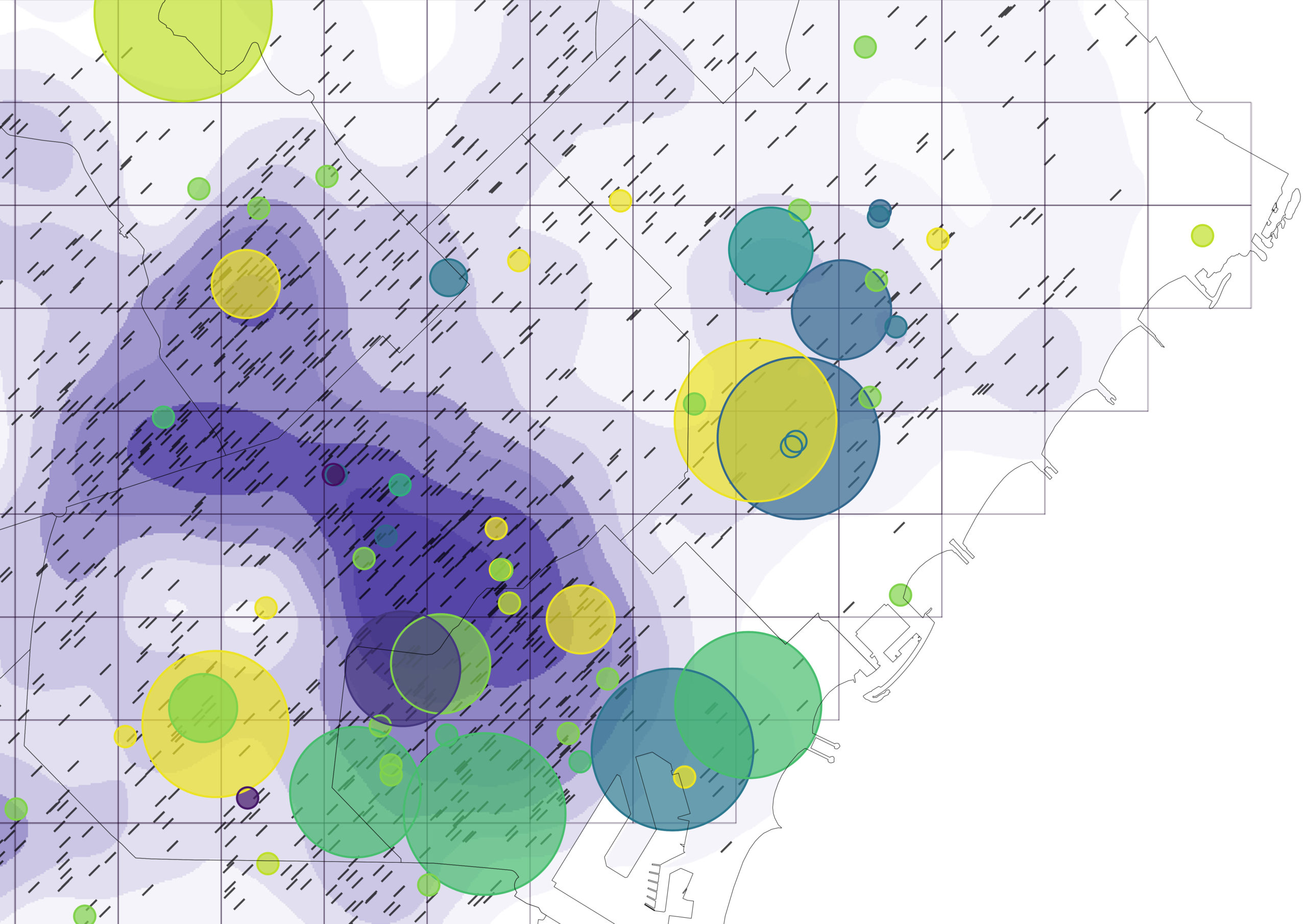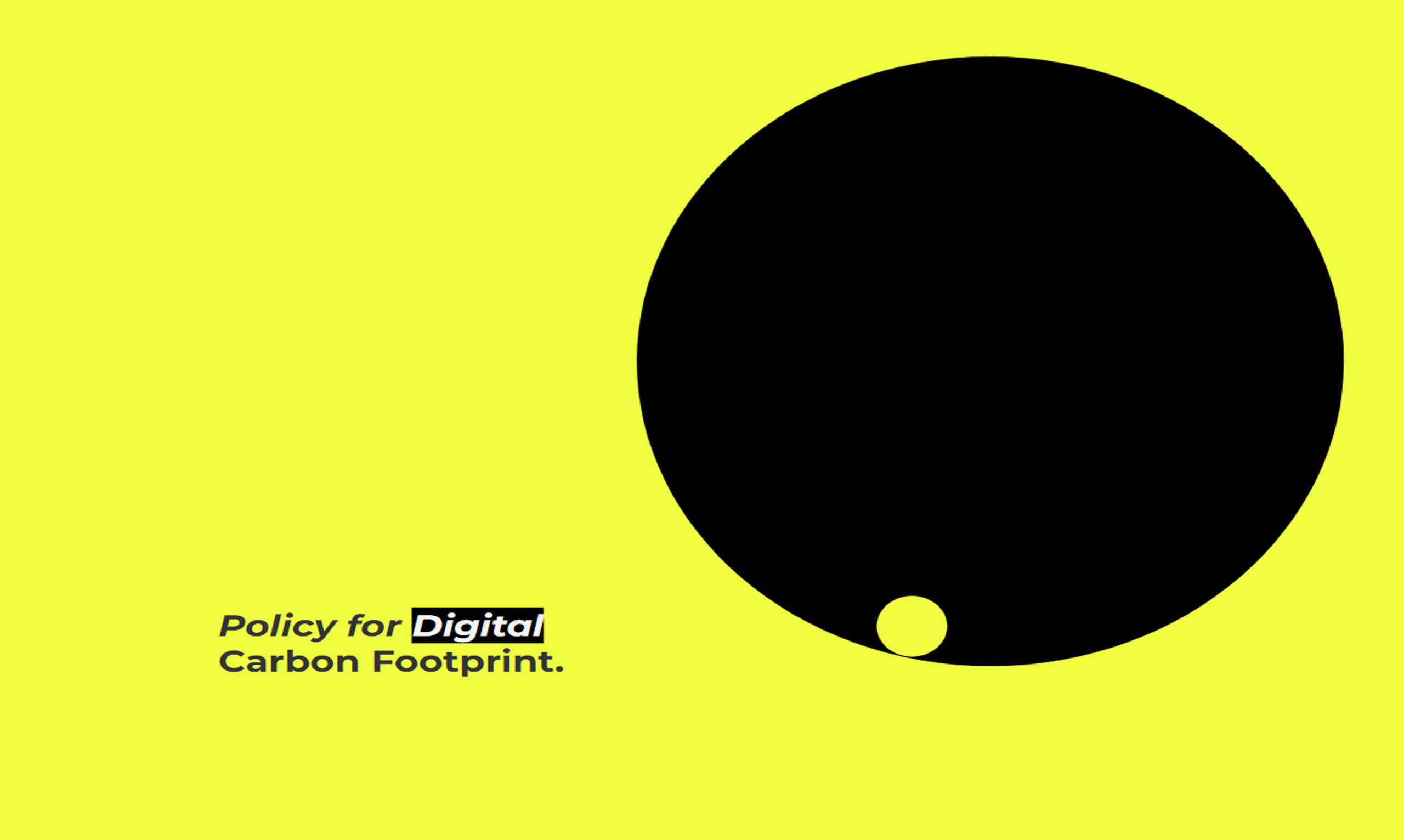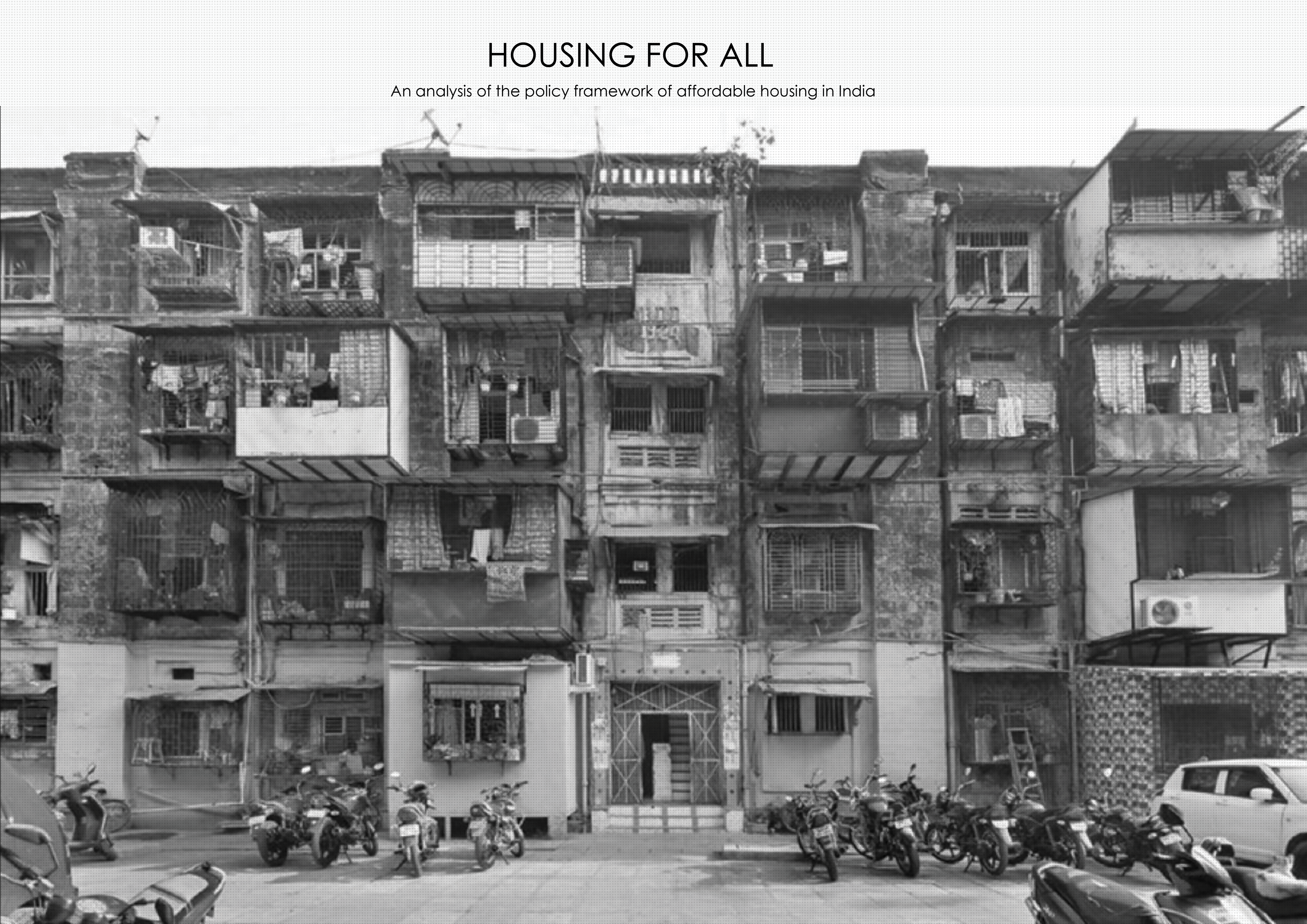The City of Marvelous Disorder
The City of Marvelous Disorder is a study was conducted during the ‘CaaS studio (City as a Service): The future of cities’ services in the AI times’, that aims to built a methodology on mapping the creative sector and high education ecosystem of Barcelona, with a particular focus on social creative industry that works within … Read more





